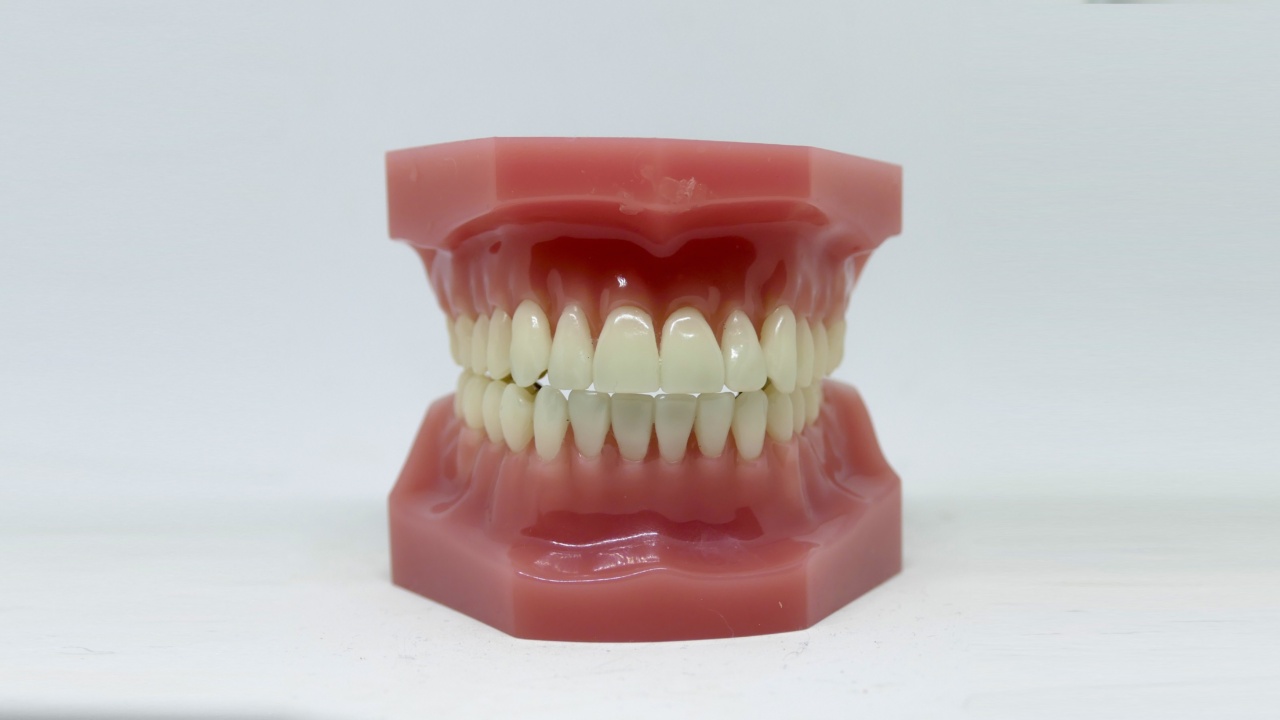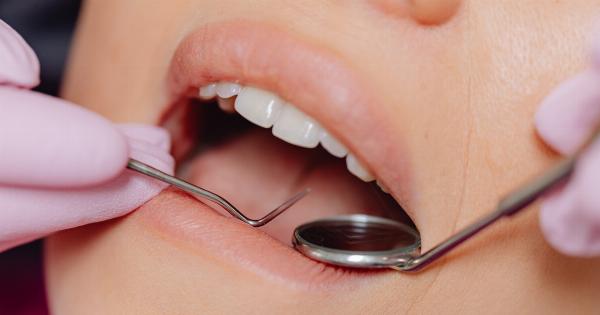Teeth whitening has become increasingly popular in recent years, with many individuals seeking to achieve a brighter smile.
While teeth whitening can indeed enhance the appearance of teeth, it is important to consider the potential long-term effects it may have on tooth enamel.
Understanding Tooth Enamel
Tooth enamel is the protective outer layer of the teeth. It is the hardest substance in the human body and plays a crucial role in safeguarding the underlying dentin and pulp from damage and decay.
Enamel also provides teeth with their color, ranging from shades of white to yellowish.
The Process of Teeth Whitening
There are various methods of teeth whitening, including both professional treatments performed by dentists and over-the-counter kits available for home use.
The most common active ingredient in teeth whitening products is hydrogen peroxide or carbamide peroxide, which helps break down stains and discoloration on the enamel’s surface.
Immediate Effects on Tooth Enamel
Teeth whitening procedures often lead to temporary tooth sensitivity and gum irritation. This is primarily due to the penetration of the peroxide compounds into the tooth structure.
While these effects are usually temporary, it is essential to follow the instructions provided by dental professionals or product manufacturers to minimize potential damage.
Enamel Erosion from Teeth Whitening
Prolonged or excessive teeth whitening treatments can potentially lead to enamel erosion. When the peroxide compounds are used in high concentrations or for extended periods, the enamel can become weakened and prone to erosion.
Enamel erosion makes teeth more susceptible to cavities, tooth sensitivity, and other dental complications.
Increased Tooth Sensitivity
One of the most commonly reported long-term effects of tooth enamel damage from teeth whitening is increased tooth sensitivity. As the enamel wears away, the underlying dentin becomes more exposed.
Dentin contains nerve endings, and when exposed, it can lead to heightened sensitivity to hot, cold, sweet, or acidic foods and beverages.
Dental Complications
Enamel erosion from teeth whitening can also increase the risk of dental complications. Cavities and tooth decay may occur more easily as the enamel becomes thinner and weaker.
Additionally, erosion can lead to thinning or chipping of the edges of the teeth, altering their appearance and potentially requiring dental restoration procedures.
Restorative Options for Enamel Damage
If enamel damage occurs due to teeth whitening, various restorative options can help improve the appearance and functionality of the affected teeth. These may include dental bonding, veneers, crowns, or in severe cases, dental implants.
It is crucial to consult with a dentist to determine the most suitable treatment for individual cases.
Maintaining Enamel Health
Prevention is key when it comes to preserving tooth enamel and avoiding damage from teeth whitening.
It is essential to maintain good oral hygiene practices, including regular brushing with a soft-bristled toothbrush, flossing, and using fluoride toothpaste. Additionally, limiting the consumption of acidic and sugary foods and beverages can help protect enamel.
Professional Guidance for Teeth Whitening
While over-the-counter teeth whitening kits may seem convenient and cost-effective, it is always advisable to seek professional dental guidance.
Dentists can assess the individual’s oral health, determine the most suitable whitening method, and monitor the process to minimize any potential risks or long-term effects on tooth enamel.
Conclusion
Teeth whitening can undoubtedly enhance the aesthetic appeal of one’s smile. However, it is crucial to be aware of the potential long-term effects it may have on tooth enamel.
Enamel damage can lead to increased tooth sensitivity, cavities, and other dental complications. By following professional guidance, maintaining proper oral hygiene, and understanding the risks associated with teeth whitening, individuals can make informed decisions to preserve their tooth enamel and overall oral health.




























